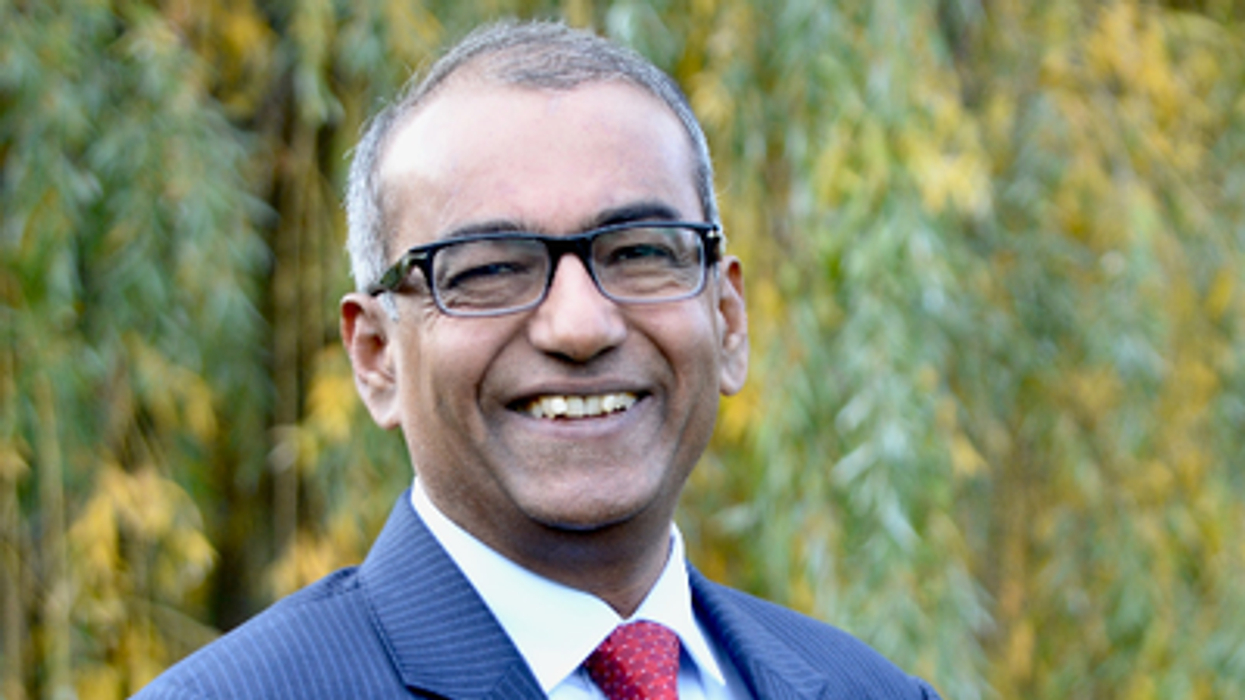CANADA’s Asian MP Chandra Arya has announced his candidacy for the prime ministership, just hours before the Liberal Party confirmed that its next leader will be selected on 9 March.
Arya’s announcement comes days after prime minister Justin Trudeau declared his decision to step down while continuing in office until a new leader is chosen.
Arya, who represents Nepean in Ottawa and was born in India's Karnataka, made the announcement on X on Thursday morning ahead of the Liberal Party's scheduled meeting that evening.
“I am running to be the next prime minister of Canada to lead a small, more efficient government to rebuild our nation and secure prosperity for future generations,” Arya posted on X, accompanied by a detailed statement.
I am running to be the next Prime Minister of Canada to lead a small, more efficient government to rebuild our nation and secure prosperity for future generations.
We are facing significant structural problems that haven’t been seen for generations and solving them will require… pic.twitter.com/GJjJ1Y2oI5
— Chandra Arya (@AryaCanada) January 9, 2025
Highlighting Canada’s “significant structural problems,” Arya said addressing these issues will require difficult decisions. “For the sake of our children and grandchildren, we must make bold decisions that are absolutely necessary.”
According to the Canadian Broadcasting Corporation (CBC), Arya aims to establish a smaller, more efficient government with a cabinet “selected on merit and not on (diversity, equity and inclusion) quotas.”
Elected to the House of Commons in 2015, Arya outlined several policy proposals in his announcement. These include raising the retirement age by two years by 2040, implementing a citizenship-based tax system, and recognising Palestine as a state.
“It’s time for Canada to take full control of its destiny,” Arya stated, pledging to transform the country into “a sovereign republic,” which would involve removing the monarchy as head of state.
Following the Liberal Party's National Board of Directors meeting, party president Sachit Mehra confirmed that the leadership election will be held on 9 March. “After a robust and secure nation-wide process, the Liberal Party of Canada will choose a new leader on 9 March, and be ready to fight and win the 2025 election,” Mehra said.
The CBC reported that former central banker Mark Carney has expressed interest in the leadership race. Former finance minister Chrystia Freeland, former British Columbia premier Christy Clark, and House Leader Karina Gould are also reportedly gathering support.
Alongside Arya, former Montreal MP Frank Baylis has also declared his intention to run.
CBC noted that the new leader will face a tight timeline, as Governor General Mary Simon has prorogued Parliament until 24 March. The main opposition parties have pledged to move a 'No Confidence' vote when parliament reconvenes.
The Toronto Star reported that Arya is an outspoken advocate for Hindu Canadians and has disagreed with members of his own Liberal caucus regarding Ottawa's relations with New Delhi and Sikh separatist activities in Canada.
Months earlier, Arya clashed with New Democratic Party (NDP) leader Jagmeet Singh and Liberal MP Sukh Dhaliwal after Sikh separatist protesters confronted Hindu worshippers at a Greater Toronto Area temple during a visit by Indian consular officials.
In 2023, Arya visited India and met with prime minister Narendra Modi. Global Affairs Canada later clarified that Arya’s trip was personal and not on behalf of the Canadian government.
(With inputs from PTI)




